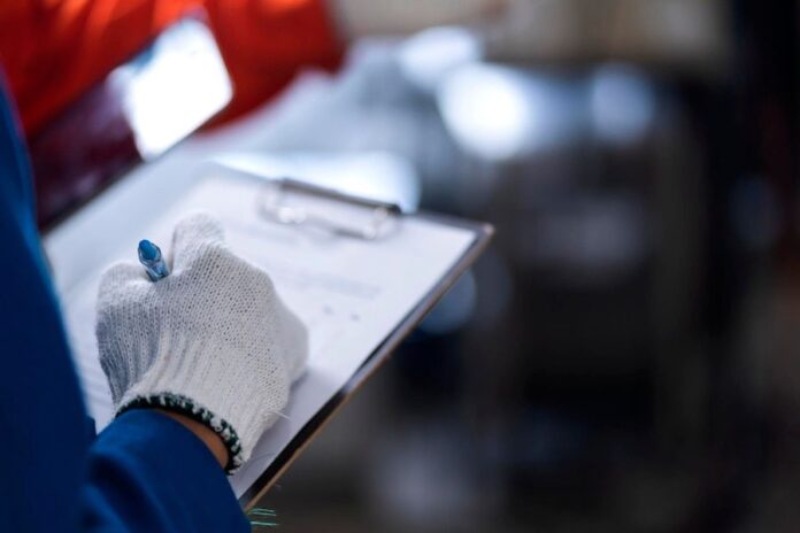Key Takeaways:
- Non-ferrous metals are highly recyclable and valuable for sustainable practices.
- Recycling non-ferrous metals helps reduce environmental impact and conserves natural resources.
- Industries can save costs and boost efficiency through non-ferrous metal recycling.
- Using recycled non-ferrous metals in manufacturing supports a circular economy.
Introduction to Non-Ferrous Metals
Non-ferrous metals like lead, copper, and aluminum don’t have a lot of iron in them. Unlike ferrous metals, they are not magnetic and resist corrosion and rust. Because of these qualities, non-ferrous metals are essential in many industries, such as electronics, automotive, and construction.
For instance, aluminum is extensively used in the aerospace industry for its lightweight and durability. In construction, copper is favored for its excellent conductivity and flexibility. Given these widespread applications, it becomes imperative to consider how we manage their lifecycle. For a more in-depth look at non ferrous recycling Chula Vista CA, you can explore regional practices highlighting the importance of recycling these metals.
Why Recycle Non-Ferrous Metals?
Non-ferrous metal recycling has several advantages, such as lowering the energy needed to produce metals, preserving natural resources, and preventing the need to mine and refine raw metals. Recycling also helps reduce greenhouse gas emissions associated with mining and manufacturing processes, reducing the environmental footprint of metal production.
The energy savings from recycling aluminum can power millions of homes annually. Additionally, recycling conserves natural habitats by minimizing the need for new mining operations, which often disrupt ecosystems and cause biodiversity loss. Over time, recycling processes have been optimized for energy efficiency and less pollution. Supporting recycling contributes to a healthier planet and a sustainable future.
The Economic Value of Non-Ferrous Recycling
Non-ferrous metals maintain value and can be recycled repeatedly without losing their properties, making them an economic asset. Industries can cut raw metal extraction and processing costs by recycling these metals. Additionally, many recycling facilities offer competitive prices for scrap materials, creating a profitable channel for businesses and individuals.
The economics of recycling extend beyond immediate financial gains. By investing in recycling infrastructure, communities can create jobs and stimulate local economies. These positions cover everything from sorting and collecting to research and cutting-edge recycling technologies. Moreover, the stability of metal prices through recycling can protect industries from the volatility of raw material markets, ensuring more predictable costs and fostering economic resilience.
Environmental Impact and Resource Conservation
Non-ferrous metal recycling has a significant positive environmental impact, reducing waste in landfills and reducing the need for new mining activities. Recycling aluminum saves 95% of the energy required to produce new aluminum from ore, contributing to energy conservation and reducing carbon emissions.
This reduces the water demand, a critical metal production resource often used in mining and refining processes. Recycling metals alleviates pressure on water resources, promoting a more sustainable and environmentally friendly approach. The cumulative effect of these benefits reduces the environmental footprint of metal production, highlighting the importance of recycling in achieving sustainability goals.
Boosting Industrial Efficiency
Recycling non-ferrous metals can improve industrial efficiency by reducing manufacturing costs and allowing quicker melting and refining processes. This streamlines production processes, meeting demands more quickly. Additionally, recycled materials can enhance product quality and performance, as they often exhibit superior properties due to refining processes.
This leads to higher-quality goods, increasing consumer trust and satisfaction. The efficiency gains from recycling will be vital in determining how manufacturing and distribution are shaped in the future.
Supporting a Circular Economy
The circular economy involves reusing, repurposing, and recycling resources to minimize waste and maximize sustainability. Non-ferrous metal recycling is critical to this model, as it encourages sustainable practices and reduces environmental impact. This model encourages innovation and the development of new technologies for efficient resource use.
Implementing circular economy principles fosters industry collaboration, leading to more integrated recycling systems. By promoting circular economy practices, businesses contribute to environmental sustainability and gain a competitive advantage, as consumers increasingly prefer products and services that prioritize sustainability.
Conclusion
Recycling non-ferrous metals is not just an environmentally responsible choice; it’s also economically beneficial and vital for conserving resources. By embracing non-ferrous metal recycling, we can significantly reduce our environmental footprint, support industrial efficiency, and contribute to a circular economy. These precious metals must be recycled as the need for sustainable practices rises. By prioritizing non-ferrous metal recycling and incorporating these practices into our daily lives and businesses, we can all work together to create a more sustainable and prosperous future.




